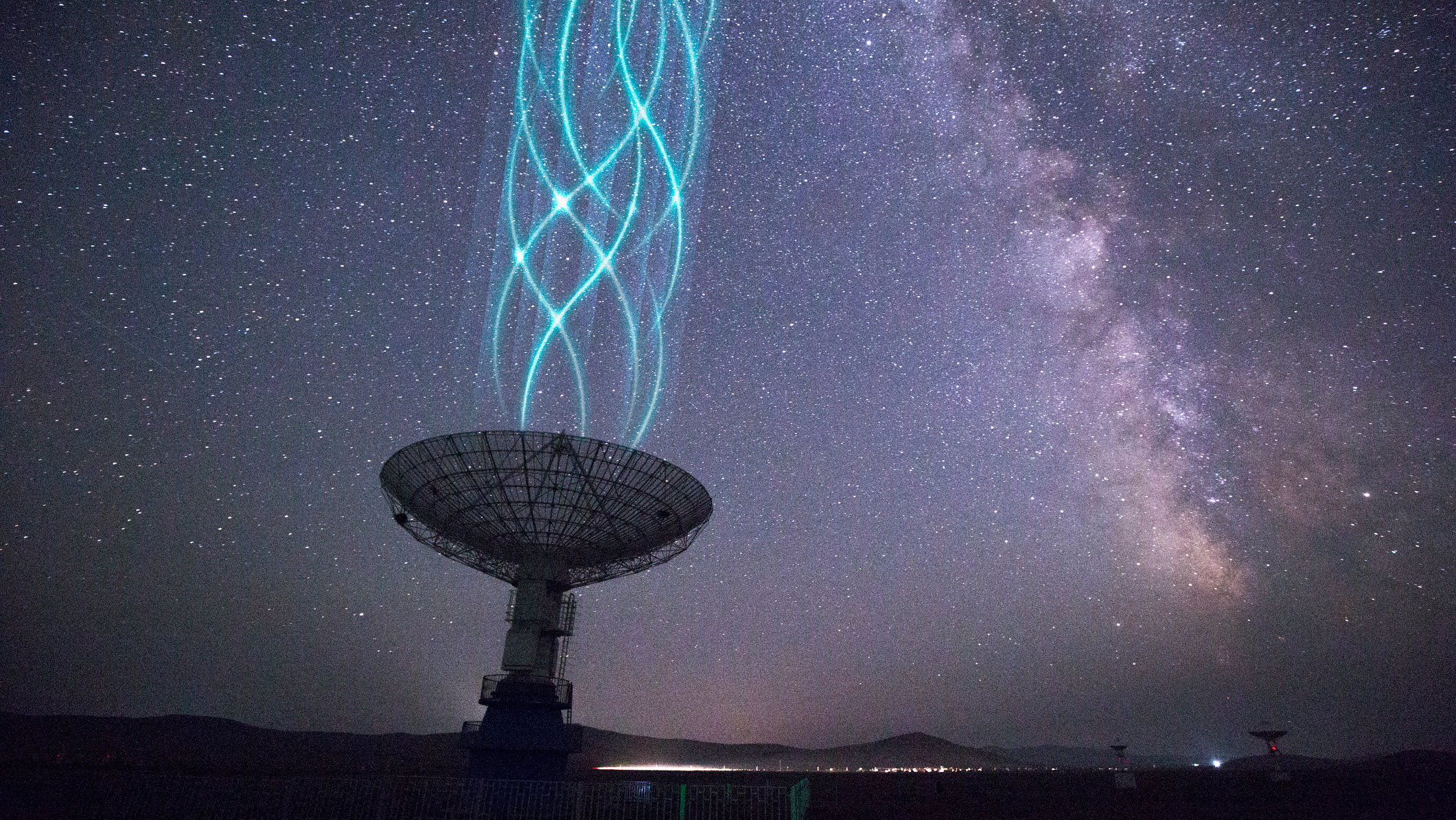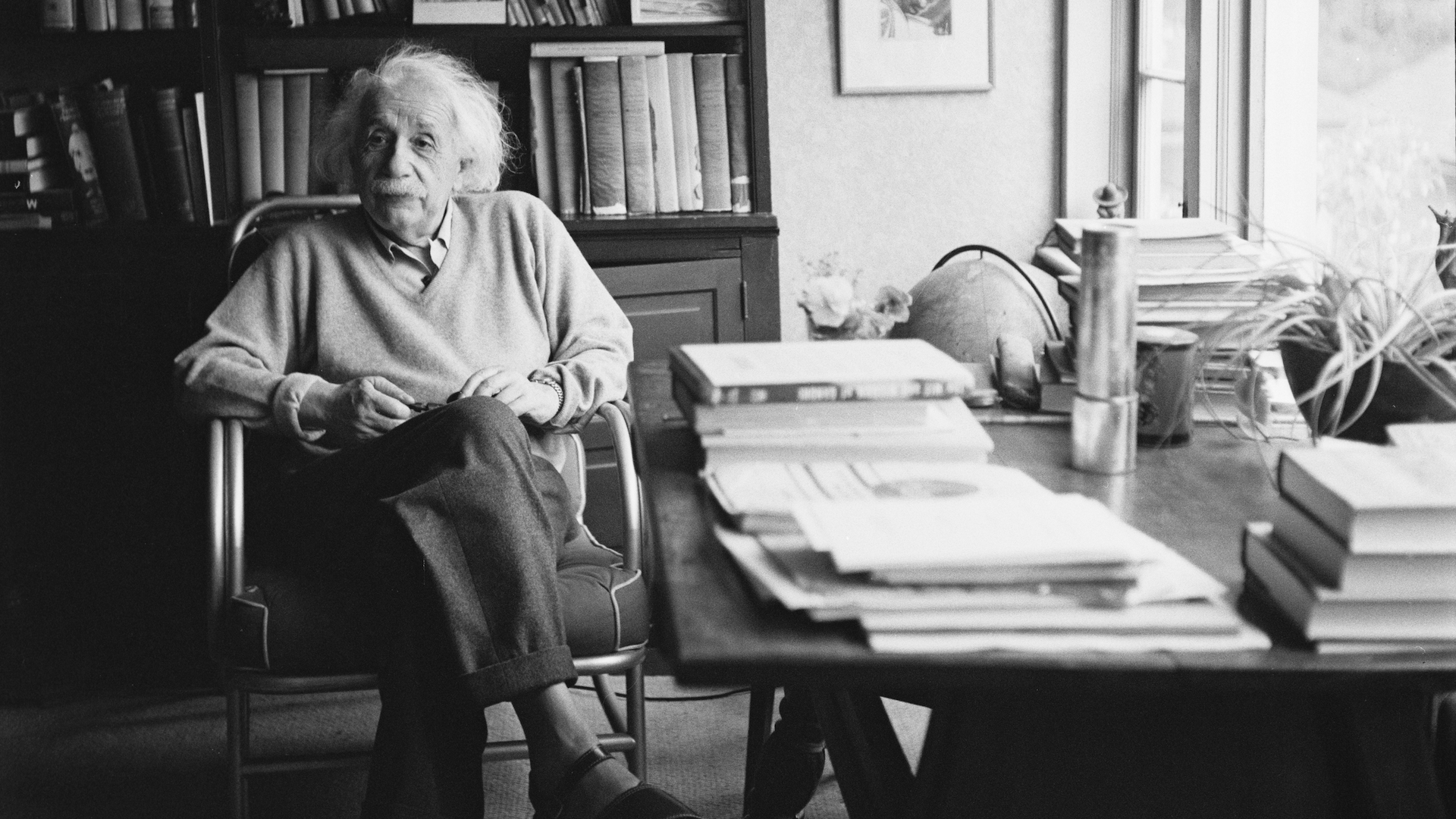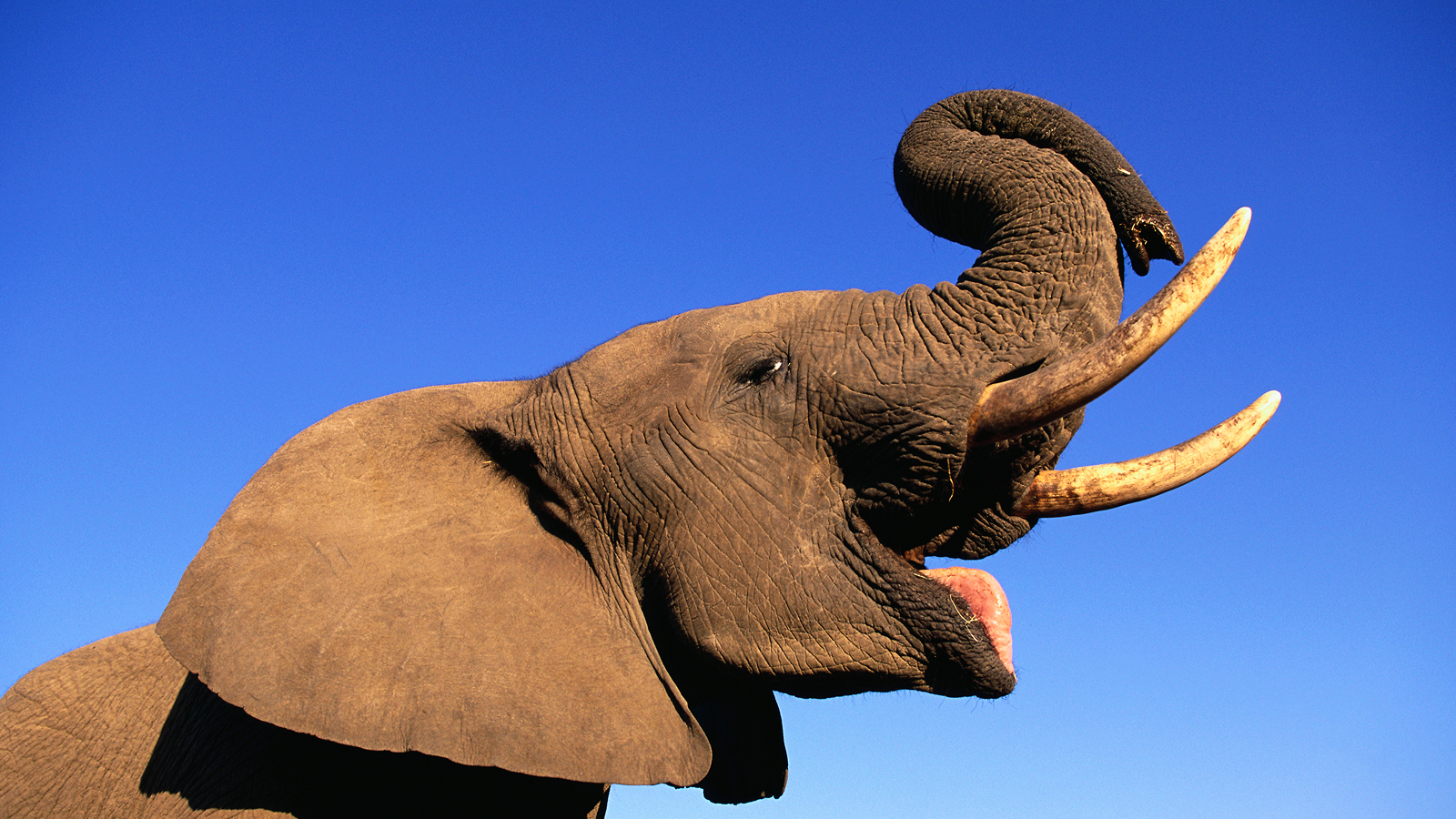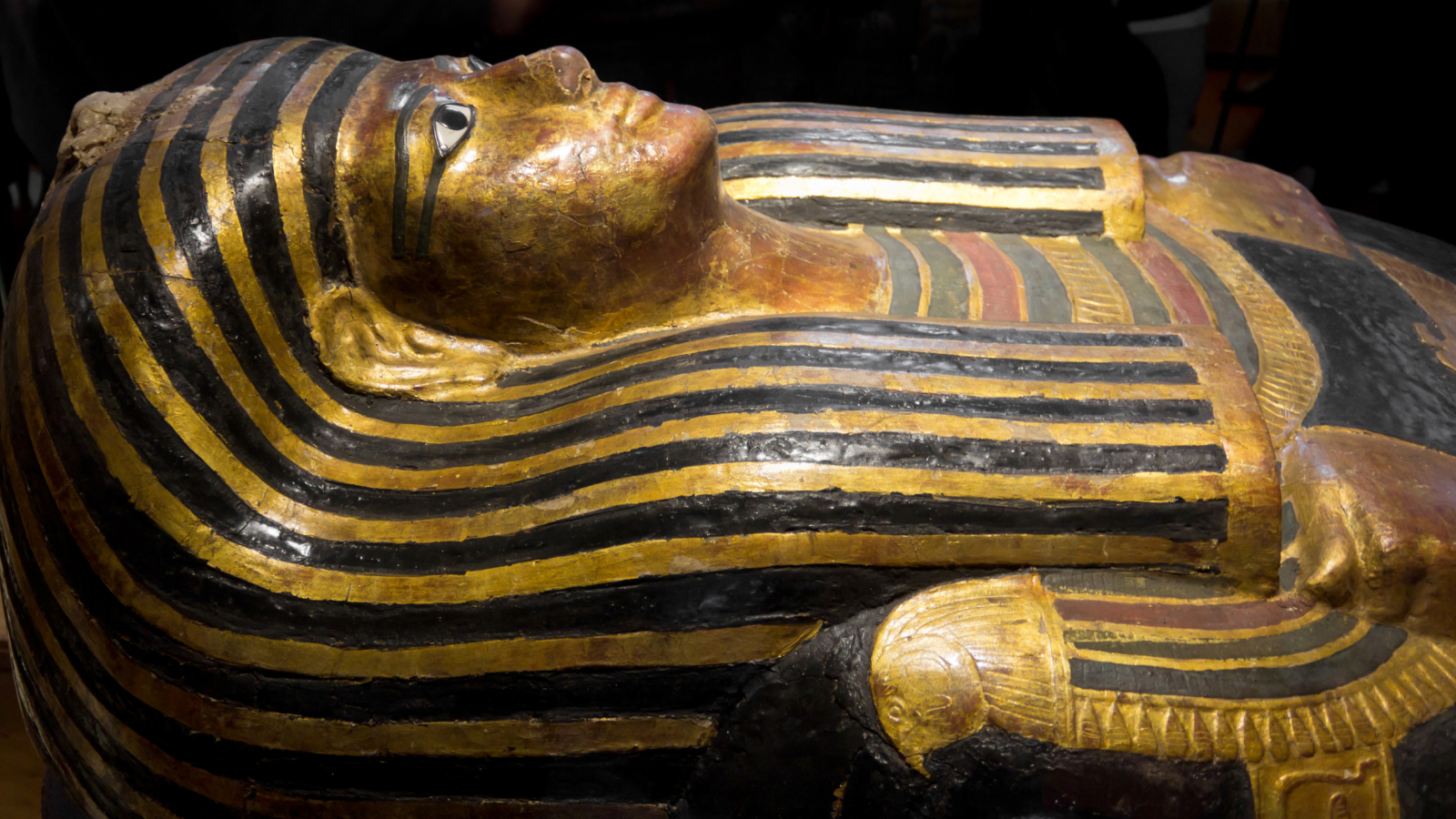Black hole quiz: How supermassive is your knowledge of the universe?
Black holes have captivated scientists for more than a century. How well do you know these supermassive wonders of the universe?
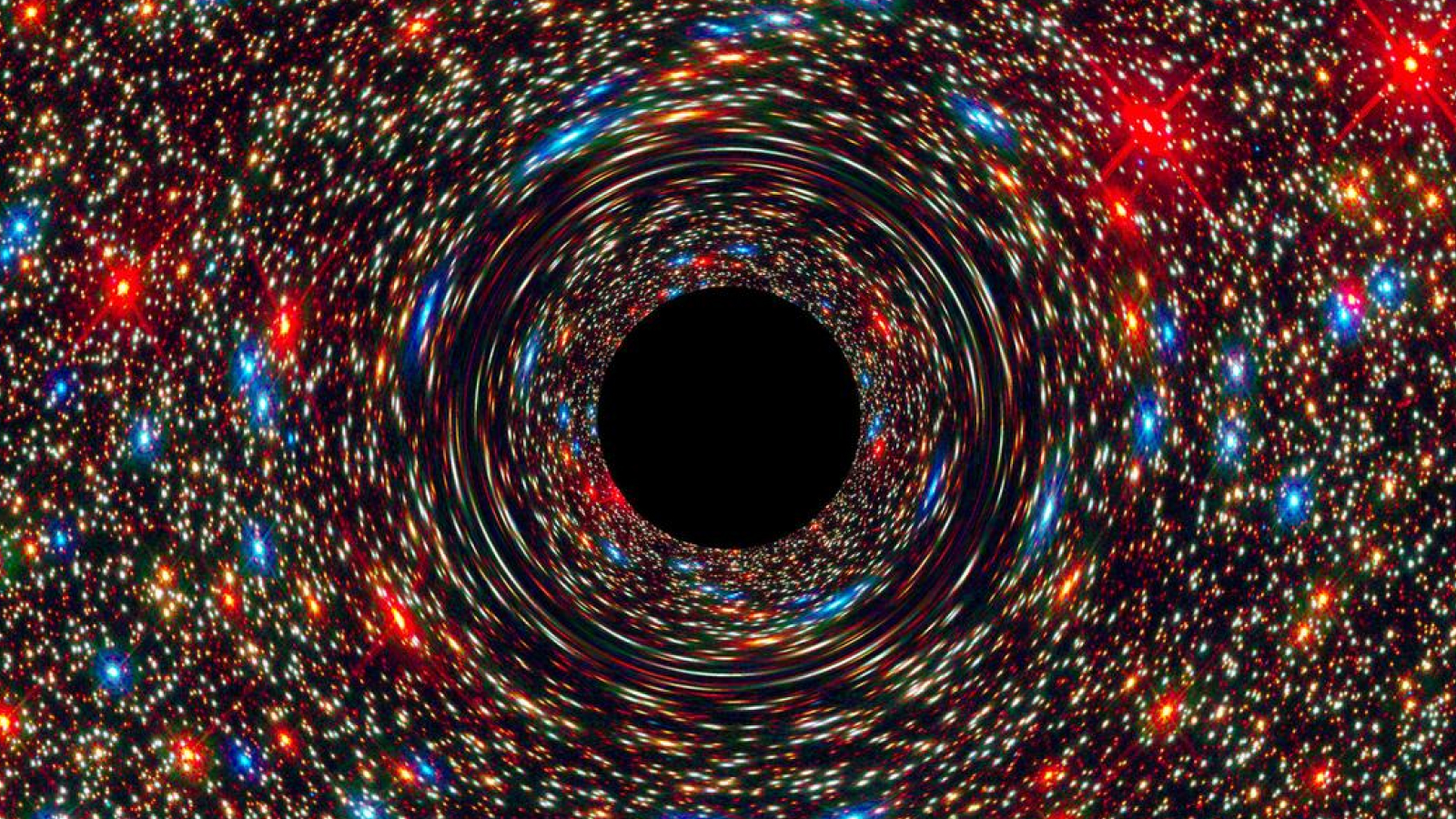
Black holes are the most extreme objects in the universe. These hyper-dense celestial phenomena exert gravitational forces so powerful that not even light can escape their pull, and time itself is distorted in their orbit.
Physicist Karl Schwarzschild accidentally discovered the concept of black holes in 1916 while working on a solution to Einstein's general theory of relativity. However, at that point, black holes were still theoretical, and many scientists refused to believe they existed.
In 1930, Indian astrophysicist Subrahmanyan Chandrasekhar proved that they could exist by showing that above a certain density, no force can overcome gravity. It then took another 40 years for scientists to find one when, in 1972, astronomers Paul Murdin and Louise Webster surmised that a known galactic X-ray source called Cygnus X-1 was, in fact, a black hole.
Though we haven’t known about these awe-inspiring objects for very long, our knowledge has come a long way in recent years. Has your black hole knowledge been keeping up?
Try as you might, you can’t escape the pull of our black hole quiz, so it’s time to find out how much you know about these cosmic drain holes. Be sure to login if you want to try for a spot on our leaderboard — and feel free to hit the hint button if these perplexing objects leave you stumped.
More science quizzes
—Moon landing quiz: How quickly can you name all 12 Apollo astronauts that walked on the moon?
—Equator quiz: Can you name the 13 countries that sit on Earth's central line?
Sign up for the Live Science daily newsletter now
Get the world’s most fascinating discoveries delivered straight to your inbox.
Ian is a freelance science and technology writer, and formerly the Tech and Entertainment Editor at Live Science & Space.com. With a degree in biology, a PhD in chemistry, and his previous role at Institute of Physics Publishing, Ian is taking a world tour through the different scientific disciplines. He's seeing how long they let him keep this profile photo.





